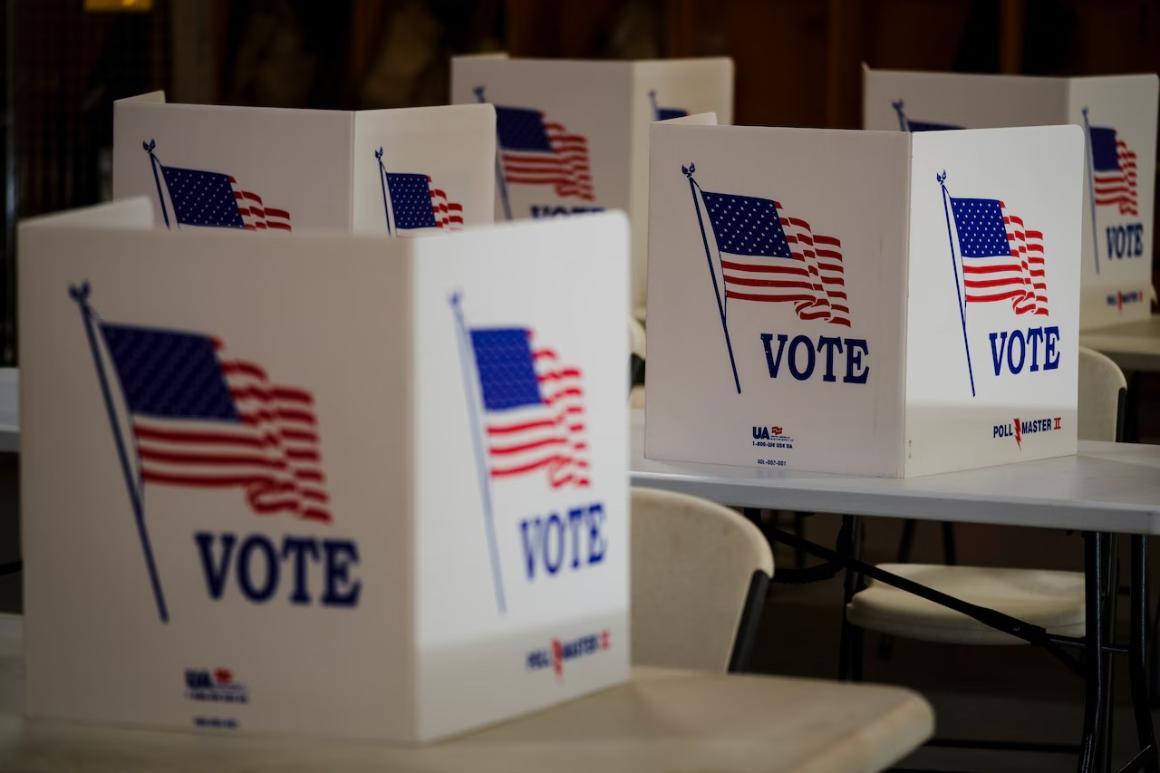Focus: A public relations professional is asked to counsel the local Roman Catholic Archdiocese on how to respond to the sex abuse crisis.
John Allen, partner at a major public relations firm, put down the phone and pondered how his skills, honed in the business world, might apply to the situation just described to him. On the phone was the chancellor (the COO) of the local Roman Catholic Archdiocese, Monsignor Burke. Burke told Allen that Archbishop O'Brien, leader of the local Catholic archdiocese, hoped that Allen would help the archdiocese deal with demands for information and disclosure about cases involving sexual abuse by priests.
Though he was not a Catholic, Allen had gotten to know the Archbishop when they both served on a mayor's advisory council together. Allen admired Archbishop O'Brien's energy and insight and assumed he was an effective leader for the local Catholic Church.
Archbishop O'Brien was struggling to respond to the abuse of minors by approximately 15 priests in the archdiocese over the past 30 years. The cases, each tragic in itself, presented the archdiocese with extremely difficult decisions. Among the most difficult were the communications challenges.
The crisis was not of Archbishop O'Brien's creation. The 15 priests were ordained and committed their horrific acts under the administrations of past archbishops. Of these archbishops, only O'Brien's most recent predecessor, retired Archbishop Solano, was still alive. Solano, now 85, lived quietly in a parish rectory in a nearby suburb. O'Brien succeeded Solano as archbishop in 1998. All the cases of priest sex abuse uncovered to date involved actions before 1998, though two of the priests were still in active ministry up until mid-2002. O'Brien removed both while detailed investigations were conducted of allegations involving their behavior before 1998. Those investigations, complicated by the long period since the alleged acts, were still ongoing.
Monsignor Burke, taking Allen into his confidence, outlined several of the communications dilemmas the archdiocese now faced:
- The press was demanding that the archdiocese release all internal personnel records on the 15 priests involved in past cases of sexual abuse. To date, O'Brien had revealed there were 15 but had not named any other than the two who were removed from active ministry in 2002. Media accounts had named three others. Burke told Allen that eight were deceased. Of the remaining seven, three had many years earlier resigned from the ministry under pressure, two had retired in good standing but still lived in the area, and the final two were those who had been removed in 2002 by Archbishop O'Brien.
- A local judge was hearing a substantial liability suit by victims against the archdiocese for negligence in transferring accused priests from parish to parish rather than removing them from ministry. The judge too wanted the archdiocese to release the personnel records to the plaintiffs. Believing the personnel records held many uncorroborated charges, the archdiocese had resisted releasing them, but was increasingly criticized in the media for this decision. The judge was considering whether to compel the release of the files; the archdiocese then might have to decide whether to appeal such an order.
- Archbishop O'Brien, seeking closure to this ugly chapter in the history of the local church, wanted to make a definitive statement that "all known sexual abuse allegations against priests have been referred to the Select Commission for investigation." O'Brien had established the Select Commission in 2002 to deal expeditiously with all past and future allegations of sexual abuse against priests and other Catholic Church staff. The Archbishop's one hesitation was that he did know of one additional allegation against a venerable former auxiliary (assistant) bishop, now retired and living in a residence for the elderly in the city. The allegation, which dated back 50 years, was considered extremely questionable when it surfaced 20 years ago in an anonymous letter to the then archbishop. Now the allegation could not be investigated due to the death of the alleged victim and all the members of his family. The auxiliary bishop had had a truly distinguished 50-year career of service to the minority community in the archdiocese and frequently was honored for his accomplishments. O'Brien thought the allegation so unlikely, given the impossibility of investigation and the potential damage to both the auxiliary bishop's reputation and to the good relations he had created with the minority community, that he had used his prerogative not to refer this case to the Select Commission for consideration.
- Monsignor Burke shared with Allen that he and the archbishop had no idea whether all cases of sexual abuse had actually surfaced. In fact, Burke suggested they had heard rumors of other cases but could not verify them down due to the death of the priest involved, the unknown whereabouts of some victims and the reluctance of some victims to talk. Burke was uncertain how the archbishop should respond if asked "Do you believe there are other cases yet to be discovered?"
- Lay groups in the archdiocese were asking for disclosure of allegations coming before the Select Commission. The commission, composed of priests and lay persons, met in secret and kept its deliberations secret. It had been criticized in some quarters as being "stacked" with lay friends of the archbishop. The activist lay groups argued only a public process could assure all that the Church was taking new cases seriously and that perpetrators would not be reassigned to new ministries where they might abuse others.
- The media were pressing for an interview with Archbishop O'Brien on what he knew and when he knew it regarding the two priests still in active ministry until 2002.
- The media were also pressing for an interview with retired Archbishop Solano. To date, the archdiocese had turned down any such requests, partly because of Solano's advancing age and partly because O'Brien believed Solano, like other bishops, knew little about the recidivism rates for sexual molesters and probably reinstated priests in good faith. However, O'Brien also knew that Solano had held certain "old school" beliefs that priest's failings were private matters between themselves and their archbishop, and that one of the archbishop's main tasks was to protect the Church from public scandal. Monsignor Burke also shared with Allen that some priests thought Solano believed the priesthood was a sacred brotherhood in which every member protected every other member.
- The local chapter of Survivors' Network of those Abused by Priests (SNAP) was pressing for a public meeting with Archbishop O'Brien and wanted to ask him a number of questions about cases, both current and past, now being investigated. While the archbishop would normally be willing to meet with almost anyone, he was troubled by the group's ready access to the local and national media. He was afraid they might unfairly characterize the archbishop's views when they did talk to the press. Now the group wanted to meet again and bring with them David Clohessy, the national director of SNAP and himself a victim of priest sexual abuse.
- Since early 2002 when the latest series of priest sex abuse cases emerged, church attendance and donations to parishes and other charities in the archdiocese had fallen by 20-40 percent. Archbishop O'Brien wanted badly to find a way of "clearing the air" and reassuring the faithful that they could again "place their trust" in their archbishop and in the vast majority of priests who had never faced an allegation. He had suggested making such statements as:
"The nightmare of sexual abuse by priests is now behind us." "Our parishioners can be confident that the problem of sexual abuse has been effectively dealt with."
"We know so much more today about sexual offenders that this cannot happen again."
O'Brien hoped Allen could advise him regarding the wisdom and honesty of making such statements.
- Finally, Archbishop O'Brien was worried about how he would handle the media going forward. In a few months, the National Bishops' Office would release a report on the compliance by all U.S. bishops with guidelines adopted in June 2002 by the annual bishops' meeting. While Archbishop O'Brien knew that his record would be generally good, he feared bishops and archbishops in nearby dioceses would not get good ratings. Should he respond to requests for interviews to talk about his record and that of the other bishops? Should he express his opinion that those bishops were dragging their feet badly?
Allen leaned back further in his chair and increasingly saw parallels between what Archbishop O'Brien faced and situations Allen had handled for corporate CEO's in the past. And Allen wondered if the advice he should give to a religious leader would be any different than what he would give to a CEO.
Kirk O. Hanson is executive director of the Markkula Center for Applied Ethics. This case was prepared for discussion at the September 15, 2003, meeting of the Arthur W. Page Society. The case is presented to facilitate discussion of management and communications issues, not to illustrate the effective or ineffective handling of an administrative situation.



